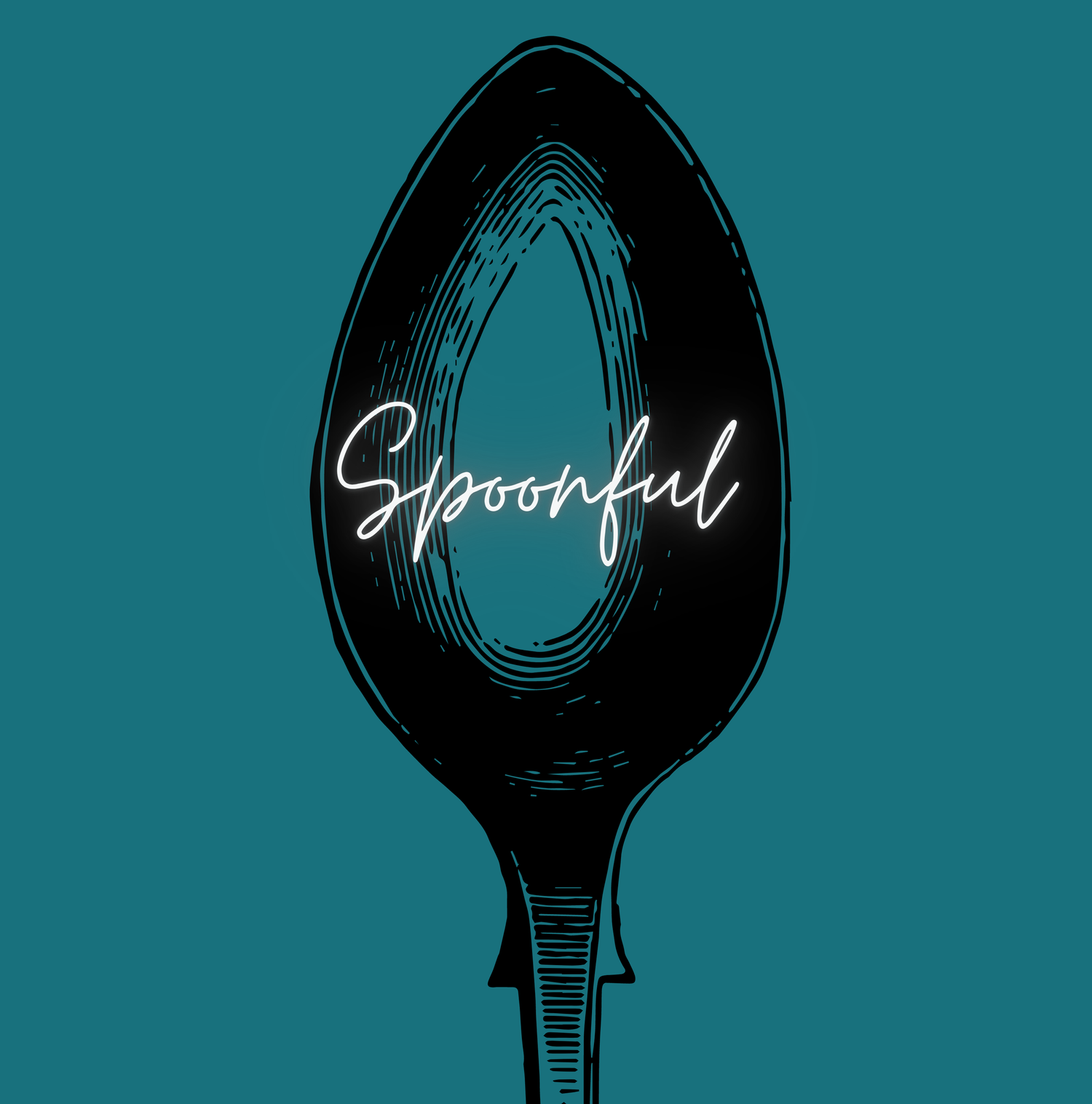
The Spoon Theory is not some odd cotillion custom but a widely used metaphor for living with a disability. Christine Miserandino lives with lupus and wrote the Spoon Theory. She was at a diner with her best friend in college when she was asked by her (healthy) friend what is was like to live with lupus. She gave a description of it but then wanted a more hands on way to describe it. Not many things were available for her to use, so she gave her friend 12 spoons that were around them.
The friend was asked to count her spoons and always keep track of how many she had. A healthy, particularly young person wakes up with basically unlimited possibilities and energy - "spoons" - while the disabled have a changing, finite number of spoons. Every action requires you to pay in spoons. Waking up and going out the door is not just one action but many spoon-requiring steps. Each action has to be prioritized in order to finish a day and not run out of spoons. Occasionally, the number of spoons can change without control. You may borrow a spoon from the next day, but will go through a day with less. Some actions, like forgetting to take your medications, will take away the rest of the day's spoons and then the next.
When her friend used her last spoon, she became emotional thinking of all her friend went through on a daily basis. Christine then handed her a spoon from her pocket and said she learned to live life with an extra spoon in her pockets for reserve.
And I live life with a spoonful - of sugar, of compassion, of reason, and of hope, to help the medicine go down.
You can read more about the spoon theory by following the link below:
